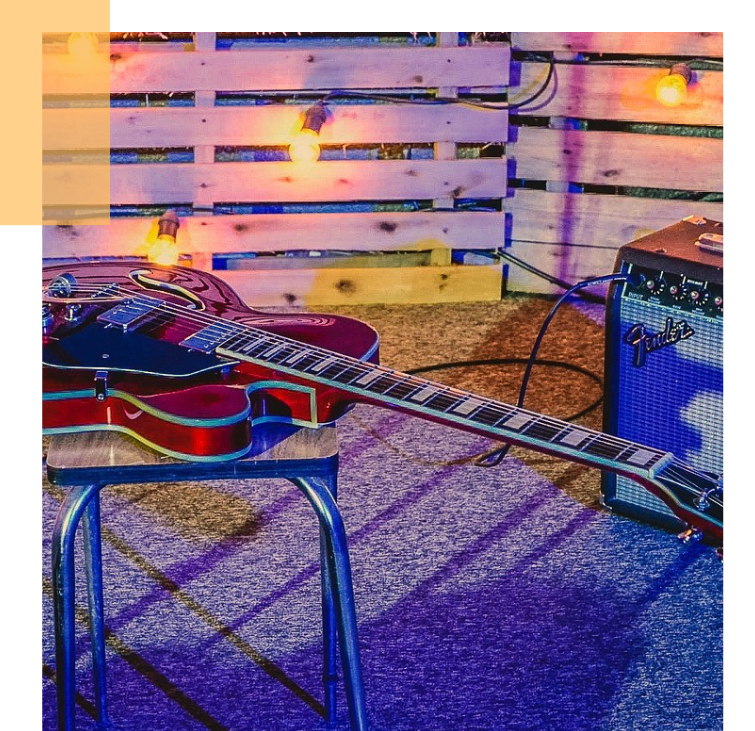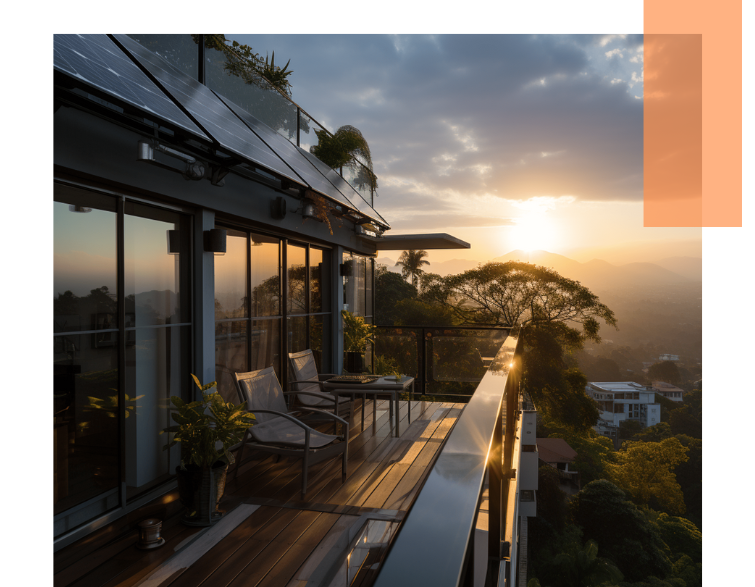Energy that not only shines but teaches.

… because events can shine – without wasting energy.
Without energy, nothing works—not even an event. But the UN’s seventh Sustainable Development Goal makes it clear: energy should not only be available, but also sustainable, safe, and affordable.

In the Western world, electricity is often taken for granted. But that’s precisely why it’s important to be aware of where and how energy is consumed. Events require electricity: for lighting, sound, technology, heating, cooling, digital tools, and transportation. This makes the question all the more important: How can this energy demand be managed more consciously and in a more resource-efficient manner? Even though over 50% of German electricity now comes from renewable energies, there is still considerable untapped potential, particularly in the heating and transportation sectors. Reducing the consumption of fossil fuels and switching to sustainable energy sources remain key challenges – also in the event context.
Venues with photovoltaic systems or other energy-efficient concepts, for example, offer an ideal basis for green events. Outdoor events can also be made more climate-friendly through mobile solar technology or the conscious avoidance of power-intensive equipment. Furthermore, much can be achieved in logistics: By consolidating material transport, using electric vehicles, and implementing well-thought-out public transport concepts with combination tickets, the result is an event that not only impresses but also demonstrates responsibility.


The global trend shows that between 2010 and 2021, the number of people without access to electricity worldwide halved – progress that conveys both hope and responsibility. On a smaller scale, this means that every decision counts. Those who carefully plan events from an energy perspective not only conserve resources but also send a clear signal of sustainability and a sense of future awareness. Energy should not simply be consumed, but used sensibly, creatively, and sustainably – as part of an attitude that enables change.









